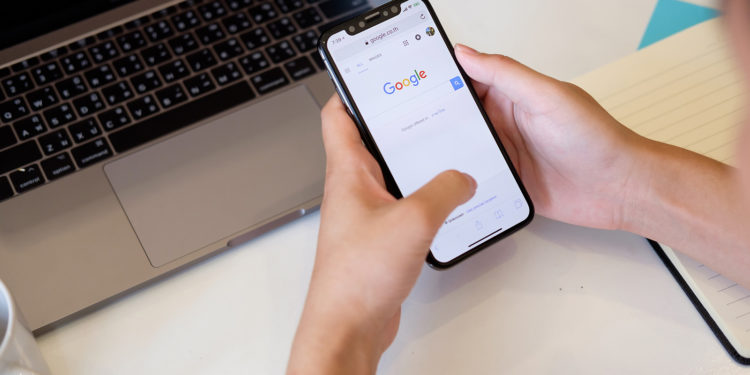Apple has integrated many new features in iOS 14.5, particularly in the area of privacy and data protection. A change to "Safe Browsing" has now also been confirmed.
Starting with iOS 14.5 and iPadOS 14.5, Apple will route Google's Safe Browsing service used in Safari through its own servers, rather than relying on Google to ensure what personal data Google sees about each user. Safari on iOS and iPadOS includes a built-in feature called Fraudulent Website Warning. When enabled, the feature will warn users when they visit a suspected phishing website, or in other words, a website that is trying to steal your data such as username, passwords, and other information.
“Safe Browsing” under iOS 14.5: Apple wants to play it safe
To provide this feature, Apple relies on Google's "Safe Browsing," a database/blocklist of web pages crawled by Google that it considers suspicious for phishing or fraud. In practice, Google sends Safari a list of hashed prefixes of URLs that it considers malicious/phishing. Any match in the hashed prefix causes Safari to request the full URL link from Google. By using the hashed prefix, Google never sees the URL of the website users are trying to visit. So while Google doesn't know what specific URL you're trying to visit, the search engine giant can capture your IP address while interacting with Safari. Now, in iOS/iPadOS 14.5, that's no longer the case. As the Head of Engineering for WebKit confirmed, Apple will now route Google's Safe Browsing feature through its own servers instead of Google to "limit the risk of information leakage."
iPhone, iPad & Mac: More data protection, stricter rules and more
On Reddit Screenshots posted by Apple of inbound and outbound connections on a device running the latest iOS 14.5 beta show a new "proxy.safebrowsing.apple" URL. The new change in iOS and iPadOS is part of a comprehensive set of privacy-friendly features for the iPhone and iPad and Apple's recent push towards stricter privacy features/rules. In addition to the new addition to Safe Browsing, iOS 14.5 will also require apps to seek user permission before tracking them across other apps and websites. The new requirement, called "ATT" - App Tracking Transparency - has led to companies like Facebook and Twitter raising concerns about how the new feature will affect their bottom line, especially when it comes to personalized advertising. (Photo by Prathan Weiss / Bigstockphoto)





